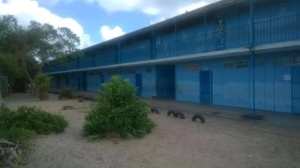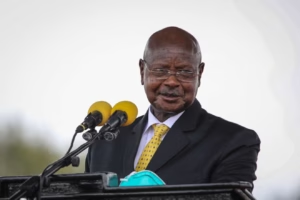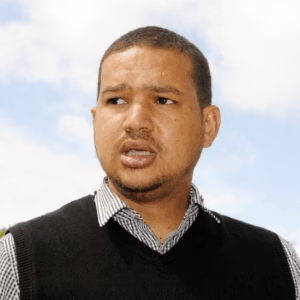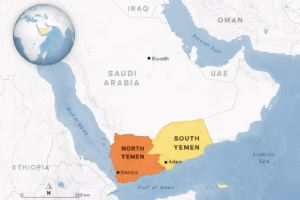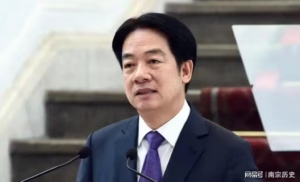TikTok, the popular social media platform owned by the Chinese tech company ByteDance, recently announced significant global job cuts, signaling a strategic shift towards increased use of artificial intelligence (AI) in content moderation. While the company has not provided specific numbers per country, a considerable portion of the layoffs is expected to impact its workforce in Malaysia.
On Friday, TikTok confirmed that several hundred employees worldwide would be affected by these cuts, though details remain scarce regarding the exact breakdown across regions. In Malaysia, reports indicate that fewer than 500 jobs are likely to be affected.
The restructuring is part of TikTok’s broader strategy to enhance content moderation efforts, which will increasingly rely on AI-assisted systems. A spokesperson for the company provided some insight into the reasoning behind these changes, stating:
“We expect to invest $2 billion globally in trust and safety in 2024 alone and are continuing to improve the efficacy of our efforts, with 80% of violative content now removed by automated technologies.”
This statement underscores the company’s commitment to refining its moderation practices, blending human oversight with automated tools to review and remove harmful or inappropriate content.
The decision to cut jobs follows months of speculation regarding TikTok’s plans to streamline its operations, particularly within its global workforce, which also includes its marketing teams. ByteDance, TikTok’s parent company, employs more than 110,000 people globally, with staff spread across over 200 cities, according to its corporate website.
Malaysia has become a focal point of regulatory attention in recent months, particularly as social media platforms, including TikTok, face mounting pressure to address the rise of malicious content. Earlier this year, the Southeast Asian country reported an uptick in harmful content being circulated online. As a result, the Malaysian government has taken steps to strengthen oversight of digital platforms by requiring them to obtain operating licenses.
This move aims to curb the increasing wave of online crimes, including cyberbullying, fraud, and sexual offenses against children. The regulatory push reflects a broader global trend, where tech giants like TikTok are being held accountable for the content that circulates on their platforms, pushing them to invest more in safety and moderation measures.
TikTok’s reliance on a hybrid approach, which blends automated detection technologies with human moderators, reflects an industry-wide shift towards leveraging AI for content management. The company’s recent decision to restructure its workforce and focus heavily on AI is likely intended to ensure that its platform can better handle the volume and complexity of harmful content that emerges daily.
While TikTok is moving towards AI-driven moderation, the role of human oversight remains vital, particularly when dealing with nuanced or context-dependent content that might not be easily flagged by automated systems. The integration of advanced technologies is aimed at increasing efficiency and accuracy, but the reduction in human moderation could raise questions about how the company will maintain the quality of content oversight.
TikTok’s investment of $2 billion in trust and safety initiatives highlights its effort to stay ahead of the curve, ensuring that users continue to have a safer experience while navigating the platform. Nevertheless, the company’s strategic pivot and accompanying job losses also underscore the broader challenge facing many tech companies today: balancing the need for operational efficiency with the growing demand for robust, reliable content regulation.
As the digital landscape continues to evolve, TikTok’s ongoing adjustments in workforce and technology may set a precedent for how other tech companies navigate the complex and ever-changing regulatory environment, particularly in regions like Southeast Asia, where concerns around online safety are increasingly taking center stage.


